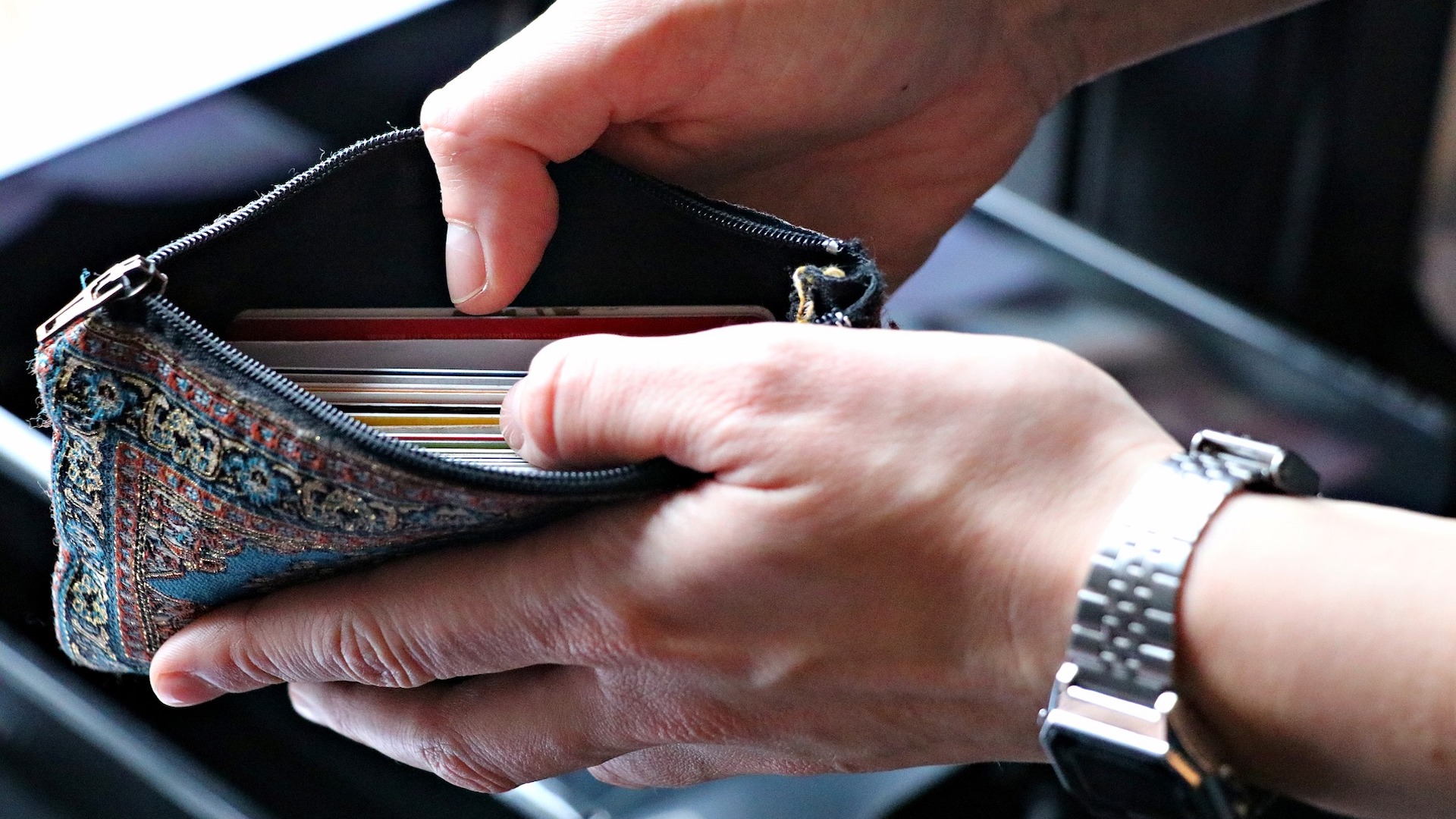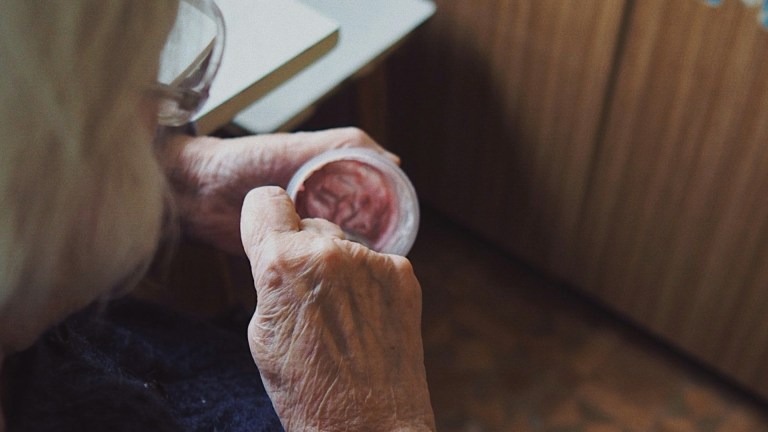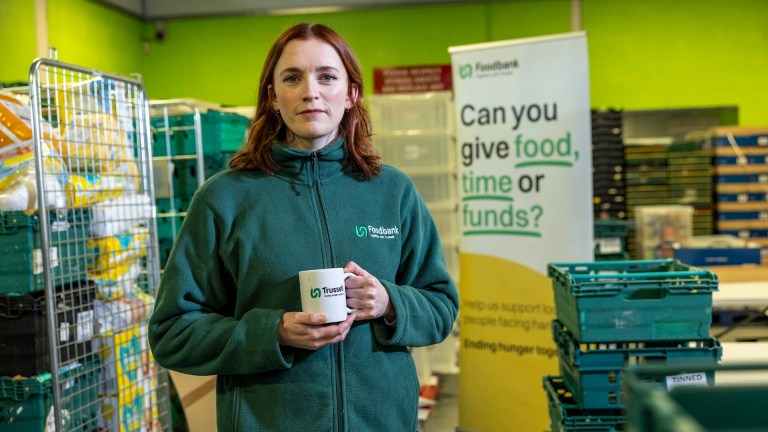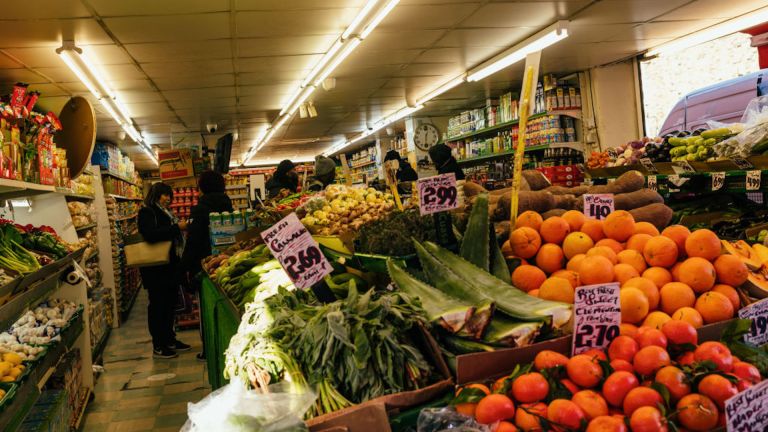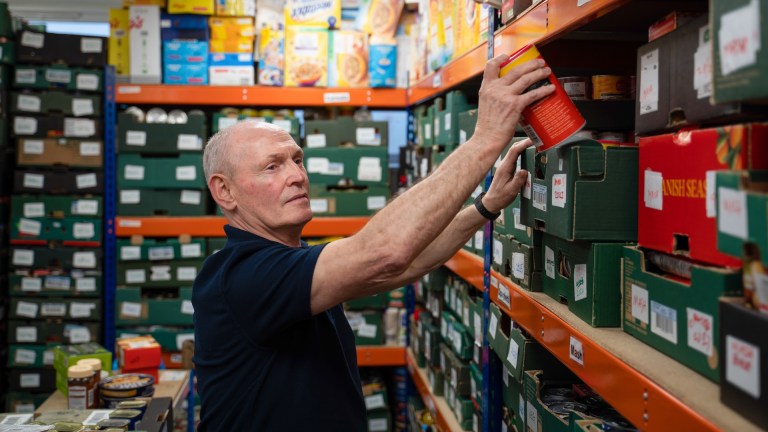The new figures showed 446 people were making new claims for the benefit every hour in the first week of 2021.
Britain is “facing the worst economic crisis of any major economy” because of the Government’s “incompetence and indecision”, said Jonathan Reynolds MP, Labour’s shadow work and pensions secretary.
Removing the £20-a-week increase would cut £1,040 from the annual income of millions of people across the UK.
The reduction will “push children into poverty and leave out of work support is at its lowest level in decades at a time when unemployment is set to peak,” Reynolds added, calling for the Chancellor Rishi Sunak so cancel the “economically illiterate” cut.
Media reports have suggested Sunak could announce a six-month extension to the increase in next week’s budget, after it was previously suggested the Government could stick with the cut but hand out £500 or £1,000 one-off payments to claimants.
But there has been little suggestion that the ministers will budge on calls to extend the increase to those receiving so-called legacy benefits such as Employment Support Allowance, which are largely claimed by disabled people who have faced higher living costs in lockdown.
New Universal Credit claimants include more than 620,000 families with children, according to Save the Children, a 51 per cent increase to 1.8 million since March.
Many families will be forced to rely on food banks or fall into debt if the cut goes ahead, the charity warned.
“Universal Credit continues to support millions of people during their time of need,” said Will Quince, the Government’s welfare delivery minister.
“It is a vital safety net that has stood up to the challenge of the pandemic, and with thousands of new work coaches we are helping claimants across the country get back on their feet with one-to-one tailored support.
“Universal Credit is one of the pillars of our support for families with lower incomes.”
“Struggling families have seen their household budgets stretched to the limit by the pandemic, and they will continue to feel the financial impacts of this crisis for some time,” said Becca Lyon, head of child poverty at Save the Children.
“Parents tell us that, even with the extra £20 a week, they’re having to make impossible choices – skipping meals, running up debts, or relying on charities and food banks to feed their children.
“Our country’s safety net is supposed to help those who need it through difficult times. But instead of helping families to get back on their feet, we’re talking about taking over £1000 a year away from them during a pandemic.
“Providing support for only another six months just won’t cut it.”
Two third of families claiming Universal Credit are single parent families, the charity said, around 90 per cent of whom are women, meaning the impact of cutting the benefit by £20 a week will hit them the hardest.
The welfare delivery minster added: “Alongside [Universal Credit], our Covid Winter Grant Scheme is keeping vulnerable children warm and well-fed, and our Plan for Jobs is helping people back on their feet and into work, with nearly two million people being supported through innovative programmes such as Kickstart and the Job Entry Targeted Support scheme.”
